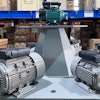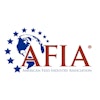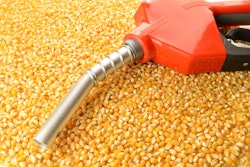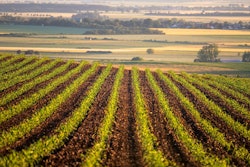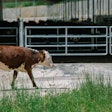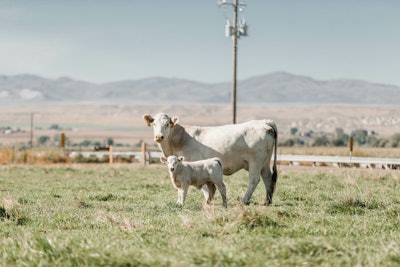
Vytelle released its participation in a pilot project that is part of the USDA Partnership for Climate-Smart Commodities Initiative.
This project, led by Low Carbon Beef, a certification company, will implement climate-smart methods in beef production, reducing greenhouse gas (GHG) emissions, expanding climate-smart markets, and generating carbon credit revenue for producers.
Vytelle is joined by like-minded industry leaders who together will implement technology spanning the full beef life cycle and supply chain.
Over the course of five years, the goal of the program is to reduce GHG
emissions from beef production by over 50% and provide economic premiums for
commercial cattle producers.
“We’re setting our sights on our mission to ensure producers can sustainably deliver more protein with fewer inputs for future generations,” shared Kerryann Kocher CEO of Vytelle.
“Participating in this
industry-led supply chain initiative is groundbreaking and will demonstrate
that through the use of technology and genetic selection we can reduce the
environmental impact of beef production without sacrificing quality while
delivering producer profitability.”
Integrated livestock tech platform
Vytelle’s integrated livestock technology platform identifies the right genetics and replicates them faster with hormone-free in vitro fertilization.
Vytelle's participation in the project will combine the use of Vytelle SENSE individual animal performance data capture system and Vytelle INSIGHT decision support tools for genetic and management decisions.
Specifically, Vytelle's
technology will be installed in cow-calf ranches to capture mature cow weights
and a feedlot to collect individual animal dry matter intake, growth,
performance and behavior data.
"Measuring these historically hard-to-capture phenotypes provides meaningful data to quantify enteric emissions and inform the GHG life cycle assessment at both the ranch and feedlot,” said Lisa Rumsfeld, vice president of Strategy and Business Development.
“As an industry, we are
stronger together, the opportunity to create this meaningful data and aggregate
with the partners will drive more overall value to the project and future
developments for climate smart technologies for the marketplace.”
